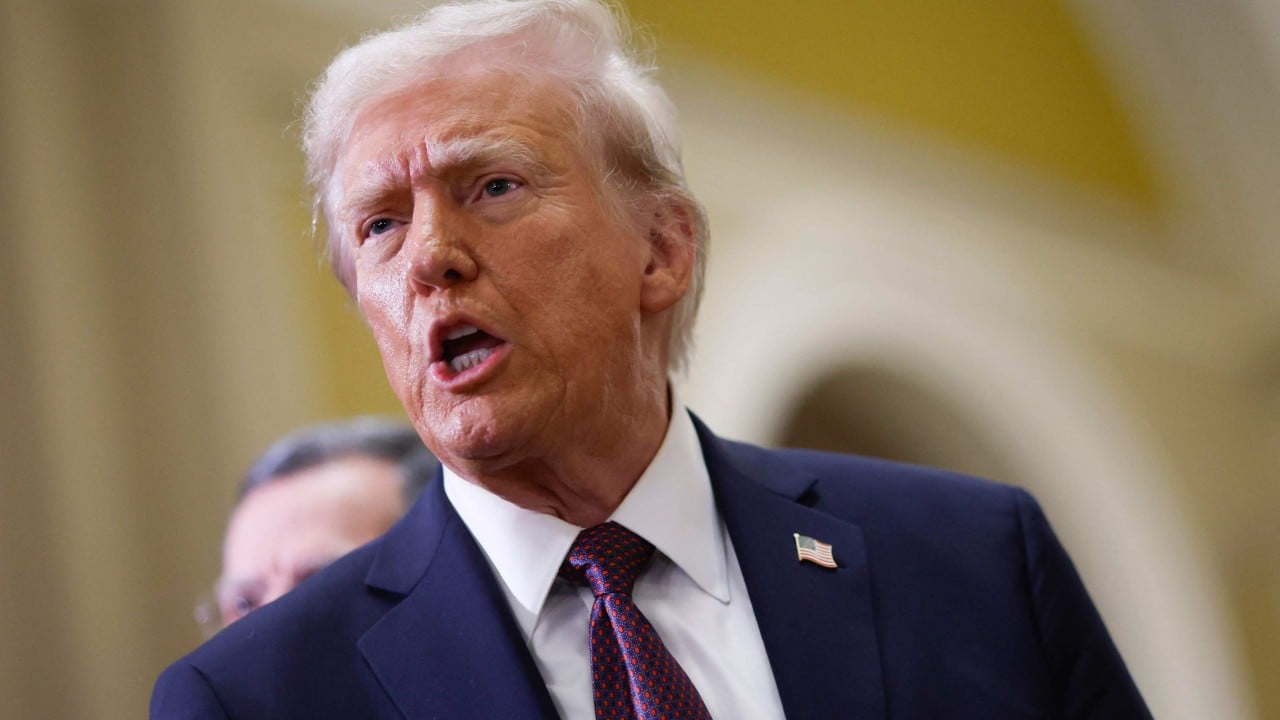The Indo-Pacific could face a more “volatile” future in the long term with the return of Donald Trump to the White House, as his policies are likely to endure beyond his presidency and accelerate the United States’ retreat from regional alliances and commitments, experts have warned.
Advertisement
Panellists at the seminar on Thursday titled “Trump 2.0: US Policy Towards Southeast Asia and the World” – organised by the S. Rajaratnam School of International Studies in Singapore – said Trump’s “America First” policies were “not going to go away” even if he eventually exited the political stage.
“Allies and friends in this region need to be more prepared than ever that America is moving in a direction where it’s going to be likely to be less active in the region, perhaps less committed to alliance relationships, and definitely more committed to an expectation that allies and friends do more,” said Bates Gill, a senior fellow at the National Bureau of Asian Research.
Allies and partners could be expected to “do more to defend themselves and to join America in trying to counterbalance China”, Gill added.
This shift portends a more “volatile and certainly less certain” future for the Indo-Pacific, he cautioned, adding that it will be “very different” from the dynamics of the last several decades.
Advertisement
Gill spoke as part of a five-person panel discussing what a second Trump term could mean for Washington’s foreign policy towards Asia, how it might differ from his first term and the implications for the region.

